
Here is an alternative project. It’s called the Big Issues Deserve Better List. It’s premised on a simple observation that human progress hasn’t come about from banning words and phrases. This project will explore how the long, circuitous, and bumpy road of human advancement has always depended on keeping the gates to human curiosity wide open.
Here’s my shortlist of the five most ring-fenced issues this year, which means they are most in need of being tested, explored, contested.
Sadly, the trans issue tops the list. It’s built on the flawed and dangerous foundation that showing respect for trans people must preclude being concerned about medical treatments involving kids or caring about a woman’s right to her biology. The gatekeepers may think they are protecting vulnerable kids who want to transition from one gender to another. But these are complex issues where the long-term consequences of transitioning are not fully understood. Silencing curious minds can’t help kids in the long run.
Last week, the American Booksellers Association apologised for a “terrible”, “serious” and “violent incident”. Steady yourself. The ABA sent its members Abigail Shrier’s book Irreversible Damage: the Transgender Craze Seducing Our Teens. Shrier is concerned about a medical profession that allows young girls with sudden-onset gender dysphoria to alter their bodies.
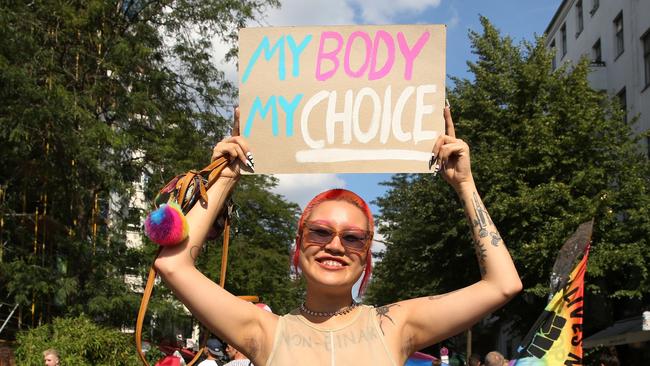
Inquisitive minds deserve better from the booksellers’ group. A graph in the pediatrics volume of the Journal of the American Medical Association tracks the rate of double mastectomies from a survey of young adults and children at the Centre for Transyouth Health and Development at Children’s Hospital Los Angeles in 2018. The highest rate was among 18 and 19-year-olds; the next highest was among 15 and 16-year-olds. Girls as young as 13 had their breasts removed too.
This should spark serious debate about what kind of process supports a young girl having irreversible surgery. And what consent looks like for a 13, 14 or 15-year-old. Our silence is a telltale sign of a society in decline, one that has lost the will and courage to ask uncomfortable questions to protect the most vulnerable.
In December last year Britain’s High Court said what many people are too frightened to suggest: that it is “highly unlikely” a child of 13 or under was “competent to give consent” to puberty blockers and it was “doubtful” that a 14 or 15-year-old child could “weigh the long-term risks and consequences” given the lack of evidence about the long-term effects of puberty blockers. The judges said that even for 16 and 17-year-old children, it might be best for the courts to have an oversight role.
No issue, let alone one that involves vulnerable kids, should be fenced off from legitimate questions.
Black Lives Matters ranks second as an issue that is not open for business in the marketplace of ideas. Racism should be condemned, but ignoring facts to advance critical race theory can only divide us. BLM uses tragedies such as the death of George Floyd to advance emotional claims of systemic racism. It relies on emotive slogans such as “defund the police” and rituals like taking the knee to stay afloat.
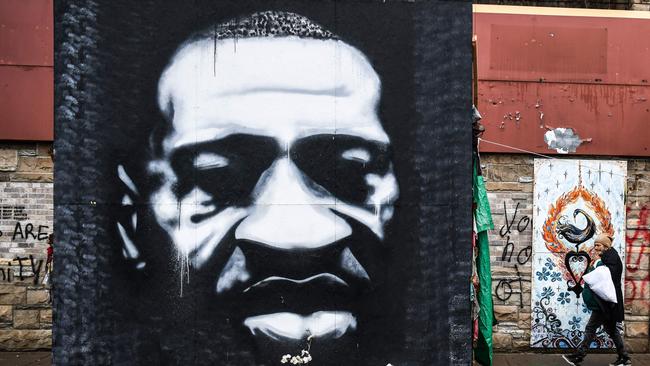
Nuance, complexities and facts would dismantle the movement. Like the fact a police officer is 18½ times more likely to be killed by a black man than an unarmed black man is to be killed by a police officer. Or the fact, according to The Washington Post’s 2019 database, police fatally shot nine unarmed blacks and 19 unarmed whites.
Climate change activists sit in third spot, especially with their new motherhood statement that the world must commit to zero net emissions by 2050. Without a debate about how to get there and how much it will cost, it’s a monumental policy fraud. Feels good and means nothing. Maybe that’s why campaign journalists at the ABC routinely grill politicians with one simple, absurd question: “Will you commit to NZE2050?”
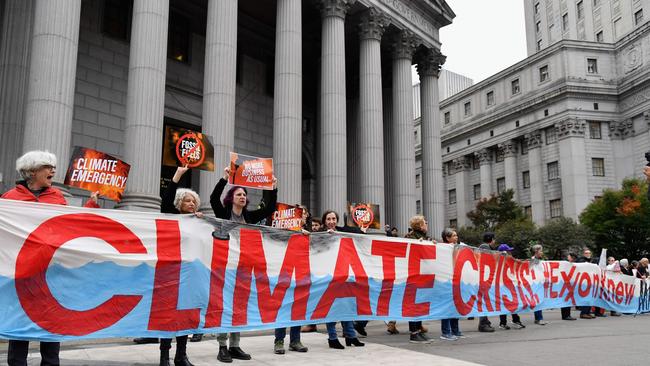
The International Energy Agency makes clear that government action won’t get the world to NZE2050. It requires serious inroads into how every single person lives – less airconditioning, capping long-haul flights, more walking, less driving, reduced speed limits and so on. The world’s poor, even aspiring middle classes, will never enjoy our past luxuries. These observations are logical and uncomfortable, and most unwelcome in climate change circles.
No.4 on my list is sexual harassment. It has become the unassailable weapon to attack a person, an organisation, a political party.
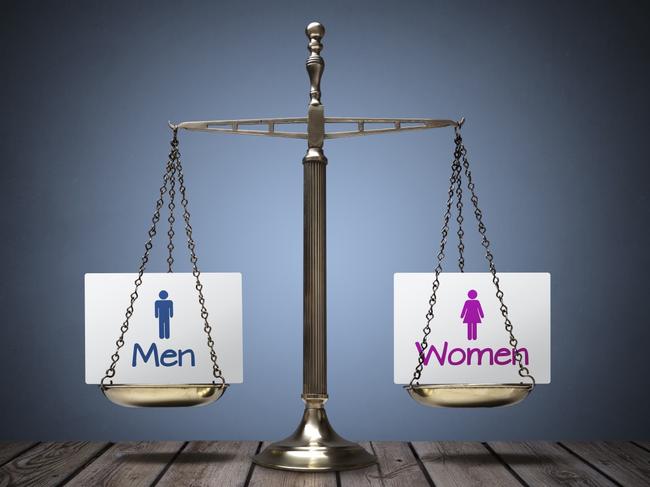
Once an allegation is made, little interest is shown about the truth of the claim.
Any issue that relies on the shibboleth that all women must be believed is deeply flawed and open to abuse. All the more reason then to ask questions, contest claims and uphold due process and the presumption of innocence.
The fifth issue that deserves more reason and less emotion is death. Or, more particularly, Covid deaths. This one is peculiarly Australian. There is a ring road of unreality in Australia’s zero tolerance for Covid. Witness what happened when Virgin Australia’s chief executive said we needed to face the reality that Covid would be part of the community, people would get sick and people would die. It was an entirely rational observation. Instead of introducing a dose of reality, Scott Morrison shot down her claims. NSW Premier Gladys Berejiklian said “no death was acceptable”.
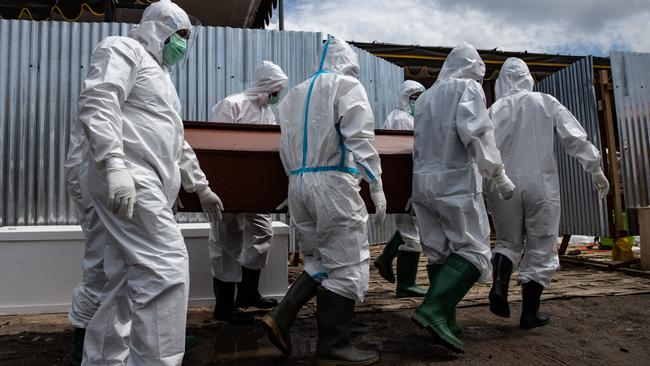
What emotional nonsense. The result is a form of mass psychosis in Australia where a Covid death is treated as unacceptable. Atlantic writer David Frum said recently that what was always a pandemic of the unvaccinated has become, at least in the US, a preventable pandemic of the wilfully unvaccinated. We’re not even close to having a sensible conversation about the virus because political leaders and public health bureaucrats continue to aim for zero Covid cases.
What have we got to lose from chasing logic and reason, challenging the gatekeepers of the status quo? History provides a long series of lessons about ideas that have been carefully sealed off from challenge. They are usually the bad ones, because bad ideas need that kind of unhealthy protection to survive.



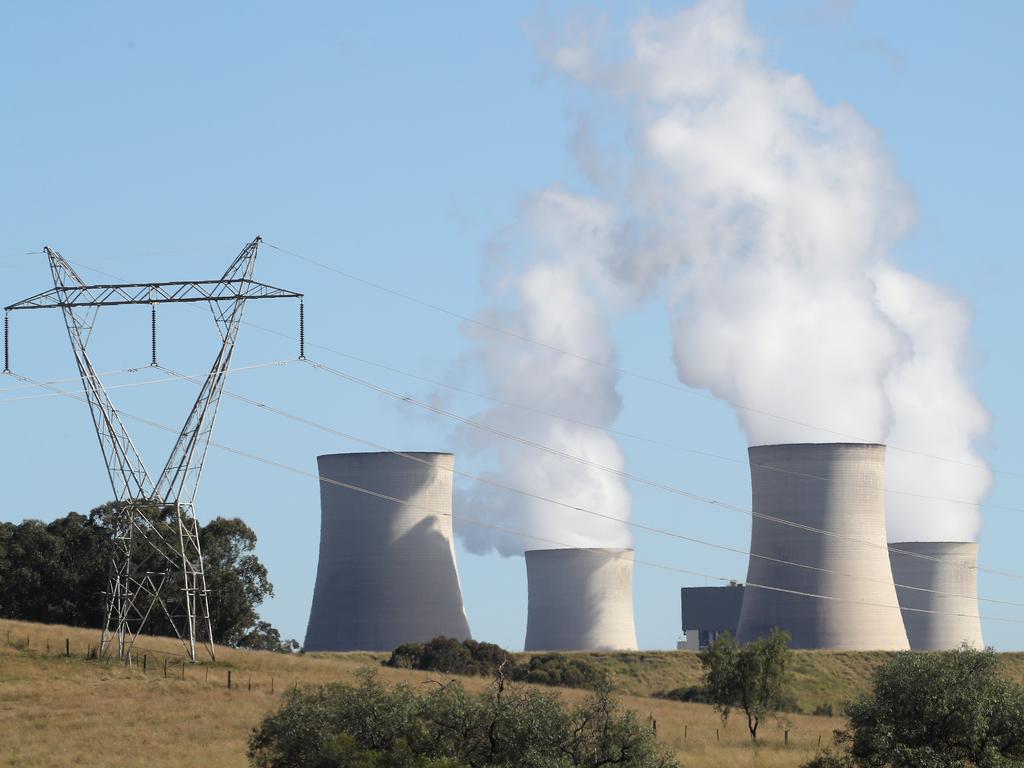
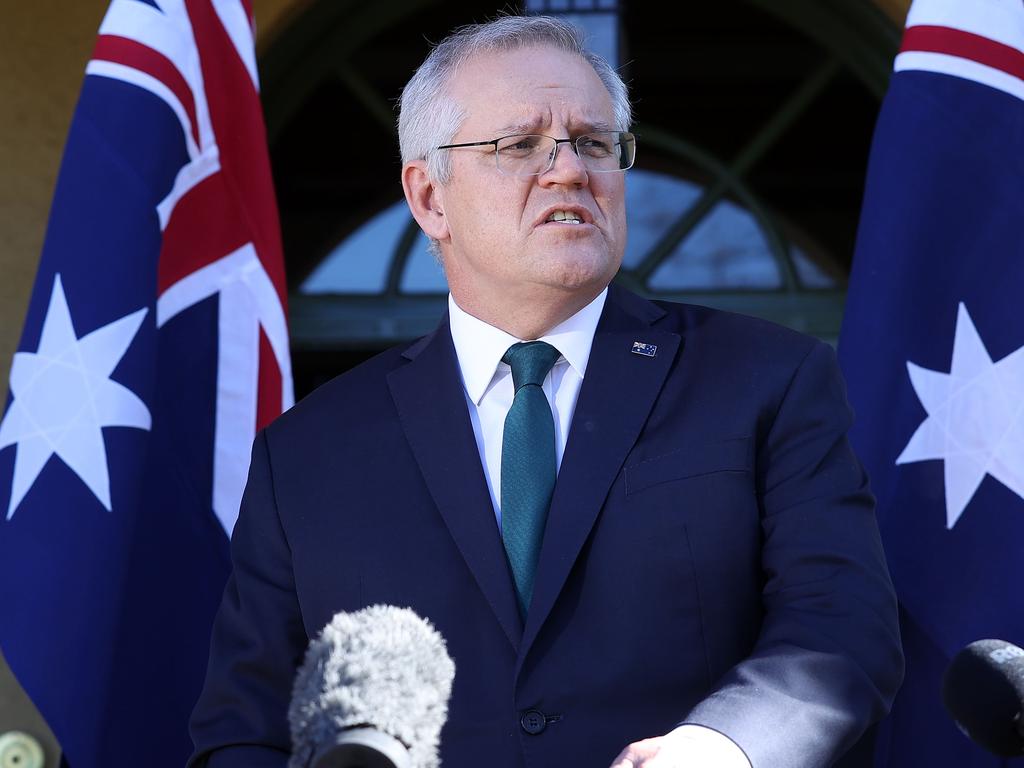



The Oppressive Language List at Brandeis University in the US involves students developing, creating and managing a list of oppressive words and phrases they don’t want people to use.